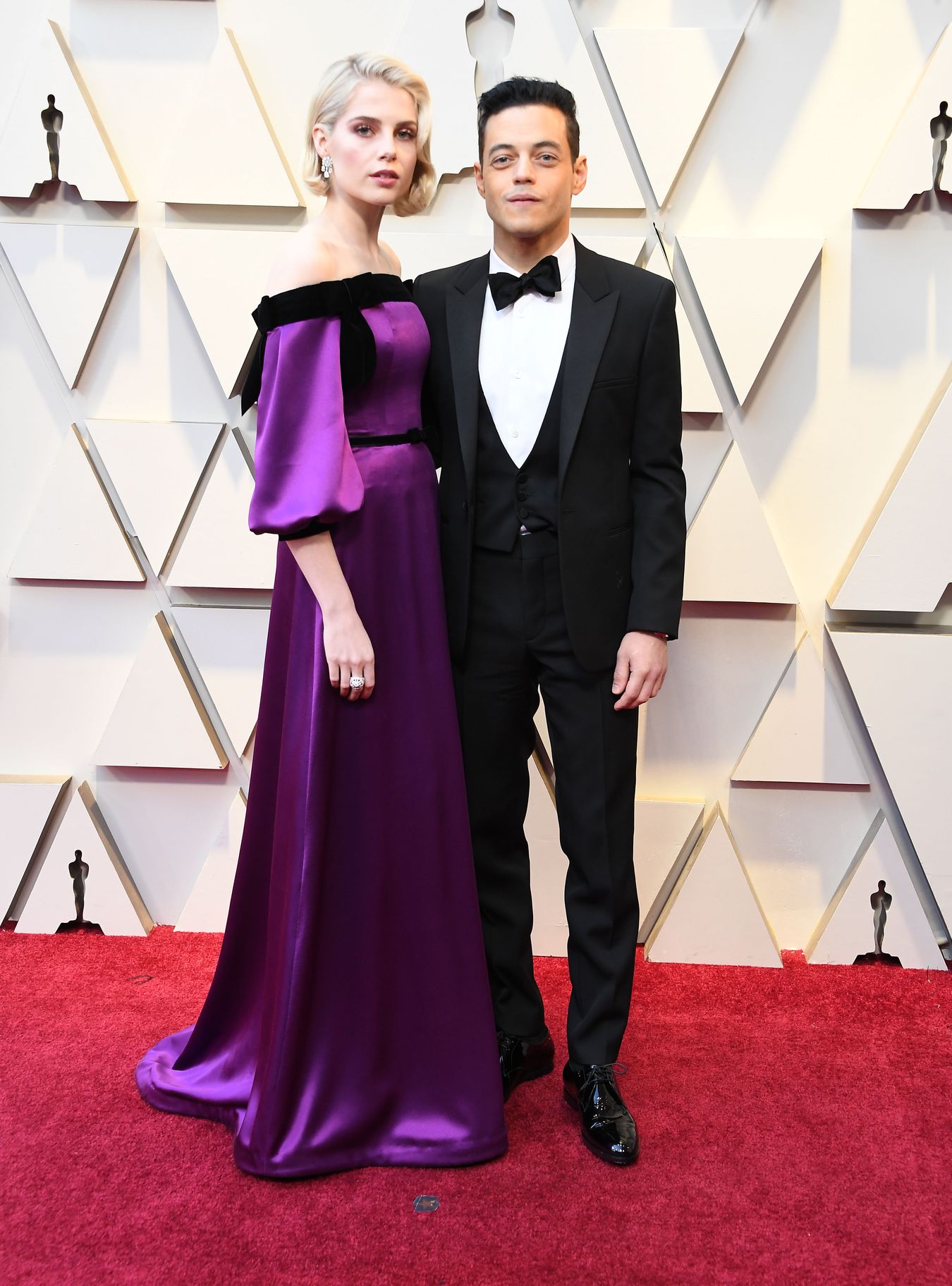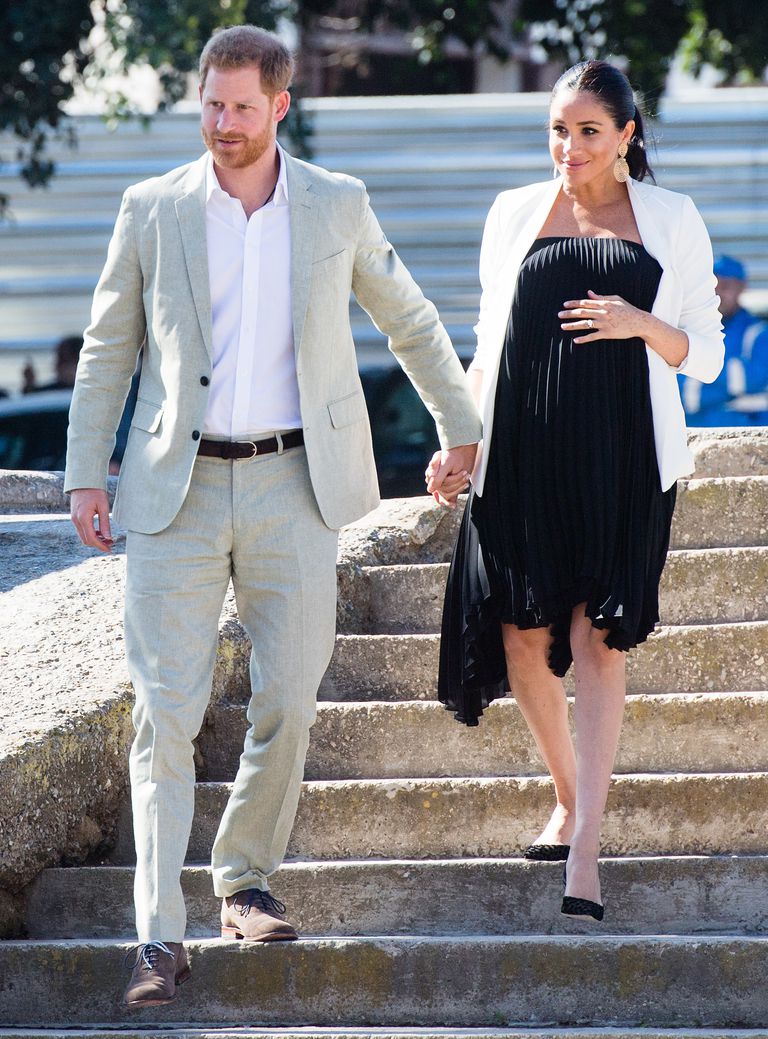The first time I met Yvette Noel-Schure was by mistake. I was on my way to see Beyoncé and Jay-Z’s On the Run II tour, but Los Angeles traffic prevented me from arriving at a reasonable hour. I sprinted to the ticket booth, only to discover the windows were closed for the evening. Heaving and sweating, with the sounds of “Diva” booming from inside the stadium, I was crushed. But there, standing at the shuttered window, was a woman holding an envelope with my name on it. Fresh-faced in a floral jumpsuit with not a hair out of place, she handed me my tickets. I nearly collapsed in gratitude, and asked for her name: “I’m Beyoncé’s publicist,” she said. She smiled and walked away.
The second time I met Noel-Schure was under more carefully planned circumstances, months later in her office, a tiny, candlelit oasis with a diffuser pumping a scent called “Peace” into the air. It is here, inside the Manhattan office building that houses Beyoncé’s Parkwood Entertainment—visitors sign strict N.D.A.s via iPad at the reception desk—where Noel-Schure conducts arguably the most important work in the entertainment business. She is in charge of of shaping, managing, and executing the messaging of the world’s biggest modern icon—an artist who handles the work of releasing an album with the secrecy and large-scale tactical precision of a major military operation.
I expect Noel-Schure to work in a high-tech fortress but, instead, her shelves are filled with large binders hand-labeled with the names of Beyoncé’s major tours. Noel-Schure has been representing major pop stars for over three decades and, at 57, her old-school methods still serve her well. “I’m very anal,” she says in her gentle Caribbean accent. “I keep impeccable files of who came to the show. This is just a sampling…I know when the requests came in, I know when I answered them.”

Beyoncé’s large-scale stadium shows are the bread and butter of her career, and a lesser publicist could probably get away with avoiding the work of fielding ticket requests from music journalists and fans altogether. But Noel-Schure still cares about whether the stringer from the local Ohio paper makes it through the doors of that stadium, and her work is a reminder that stars like Beyoncé’s larger-than-life status is, in part, a summation of meticulously tended to details. Noel-Schure admits there may even be a handwritten note next to my name in the entry for the show I almost missed. “I’m a note taker and a note-maker,” she says. There’s something jarring—and soothing—about seeing the elbow grease and human handiwork involved in managing the career of an artist whose work has the air of the supernatural.
‘SHE’S ONE OF THE MOST TRUSTED PEOPLE IN MY FAMILY’S LIFE.’ — TINA KNOWLES-LAWSON
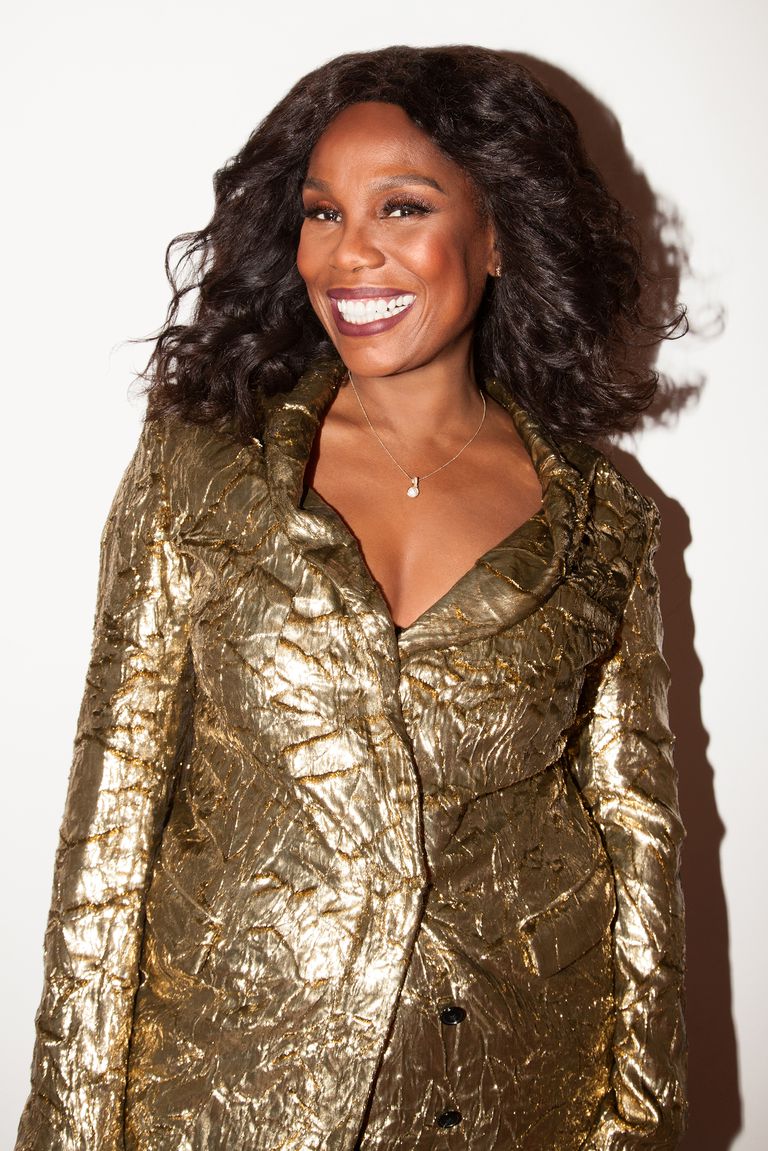
If Beyoncé’s trajectory is rooted in the idea of destiny—that she was born to be an icon—Noel-Schure will tell you that her career unfolded in a more happenstance way. Growing up in Grenada, a Caribbean island of 100,000, with six siblings, Noel-Schure became an unorthodox caretaker at a young age, looking after her mother, who suffered from yet-undiagnosed bipolar disorder. The family moved to the United States when Noel-Schure was 14 and had ambitions of becoming a teacher or a writer. After graduating from the City College of New York, she landed a gig covering up-and-coming artists for Black Beat Magazine. While still a writer, she met an executive at Sony Music in 1993, who offered her a PR job and quickly assigned her to Mariah Carey. Four years later, Sony signed a young foursome from Houston called Destiny’s Child. “I knew they would give me the project. I came from Black Beat magazine with these young teens,” Noel-Schure said. She flew down to Houston to familiarize herself with the girls’ stories, mapping out a strategy for the roles they’d play in the group. “Kelly was what I called honey meets sugar, just so sweet,” she says. “LeToya was the funny one, and LaTavia was the sassy one. Beyoncé was the one that sort of took you in. She just… stared right AT you.”
By 2010, Noel-Schure was a senior vice president at Sony and ready to venture out on her own. She launched her own independent PR firm, Schure Media Group, with her husband, David Schure. Noel-Schure credits some of her success to having had a supportive partner since she was a teenager; the two met in New York when she was 17. Noel-Schure and her husband got pregnant with their first child while she was still a college student; today they have three kids, and he serves as president of her firm. Without the support of a major label, Noel-Schure had to quickly learn how to bring in clients and give them 360-degree support, but she had a vote of confidence from Beyoncé and Prince, who kept their business with her after she left Sony.
Today, Noel-Schure represents a host of veterans like LeAnn Rimes, as well as shining newcomers like Chloe x Halle and Ingrid. She takes a maternal approach that is increasingly uncommon in the world of publicity. “I remember Yvette having to put someone in their place on the red carpet at the Grammy’s because they were being disrespectful to us,” Michelle Williams said of the Destiny’s Child days. “Yvette truly protects those she works with.” “She’s one of the most trusted people in my family’s life,” Beyonce’s mother, Tina Knowles-Lawson, wrote me in an email. “Yvette is the first person I think to call when we need to set the record straight. I can trust her for the most honest and the best advice.”
Noel-Schure seldom wades into the waters of tabloid gossip, but she won’t hesitate to leap to her client’s defense when provoked. When MediaTakeOut accused Beyoncé of getting lip injections, she provided a blistering statement that would make even the most gossip-hungry afraid to click the link. “MTO staffers,” she wrote, “What do you know about the effects of pregnancy on a woman’s entire body? Please tell me… I stood silent during Beyoncé’s first pregnancy when you thought it was okay to bully her like the cowards you are, when you accused her of never being pregnant, but I simply cannot this time.”
At first, Noel-Schure struggled to pitch Destiny’s Child, a fact that rankled Matthew Knowles, Beyoncé’s father and longtime manager. “He was like, This is the girl that repped Mariah! What’s up?” Eventually, she landed a few small features for Destiny’s Child, and after the Wyclef Jean remix of “No, No No” arrived, Noel-Scure finally started to see the requests pour in. “As the clip pack started growing, you say, What do we do now? You started learning strategically that maybe more is not more,” Noel-Schure says. “And you’re like, Oh, maybe we’re doing too much… What stories do we want to tell? What is it based on?”
It was the era of TLC’s “No Scrubs,” and the market for girl groups was crowded, but Noel-Schure helped differentiate the group by maintaining the sanctity of the collective even as the lineup changed many times. “People started saying, ‘Do you think I can just do an interview with Beyoncé? Just Kelly?’ No, it’s a group,” she remembers. At the time, it was rare for a major-label pop group to write their own songs, and Noel-Schure knew that Beyoncé’s budding talent as a songwriter would help distinguish Destiny’s Child. “I knew that, coupled with their staccato singing style and their crisp harmonies, would set them apart,” she told me. ‘They were also as clean cut as you could be.”
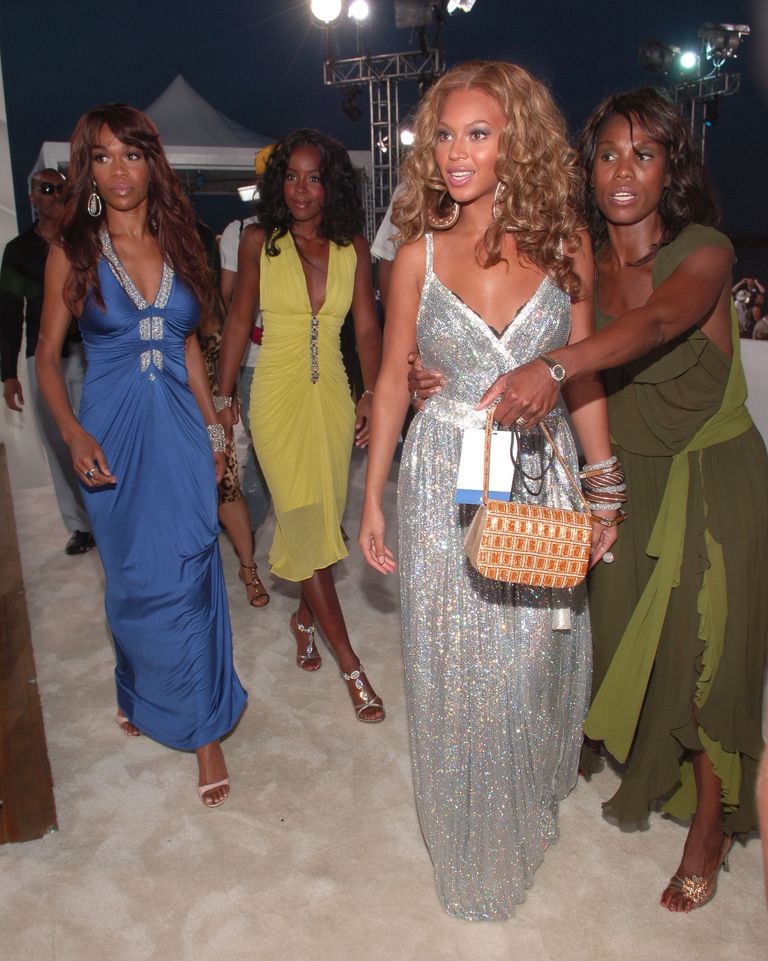
Today Noel-Schure is more in the business of saying no than knocking on people’s doors. “I’ve perfected the nice no,” she said. “I think there’s a way to let people know that something is not possible without completely crushing their spirit or their need to get something done.” Beyoncé is one of the first artists of the digital age to eschew the conventional carousel of interviews, suggesting that the work itself—as well as a stream of well-curated, cryptic Instagram posts—can make a more impactful statement than the press can. And this strategy has proven fruitful: Beyoncé has only sat for a small handful of interviews in recent years, a decision that has helped usher her into a new era of untouchability and superhero status. In 2015, she became the first-ever Vogue cover subject to skip a sit-down interview altogether.
‘I DON’T KNOW THAT ANY ARTIST OWES SOMEONE A SIT-DOWN INTERVIEW. POLITICIANS, YES.’
These days, Beyoncé’s peers are taking a page from her playbook, often choosing their own mechanisms for broadcasting their messages, rather than relying on the press. These decisions have sparked a hand-wringing debate about the power dynamic between celebrities and the media, one that can be frustrating to Noel-Schure. “As a former journalist, I guess I can understand journalists saying, Give us the opportunity to do an interview. I don’t know that any artist owes someone a sit-down interview, honestly, now. Politicians, yes,” Noel-Schure told me. “I feel like what artists owe their audiences is a really good performance.” For Noel-Schure and her biggest client, something like Beyoncé’s 2018 Coachella performance is a powerful rebuttal to the criticism: A profound, emotionally excavating body of work that stands for itself.
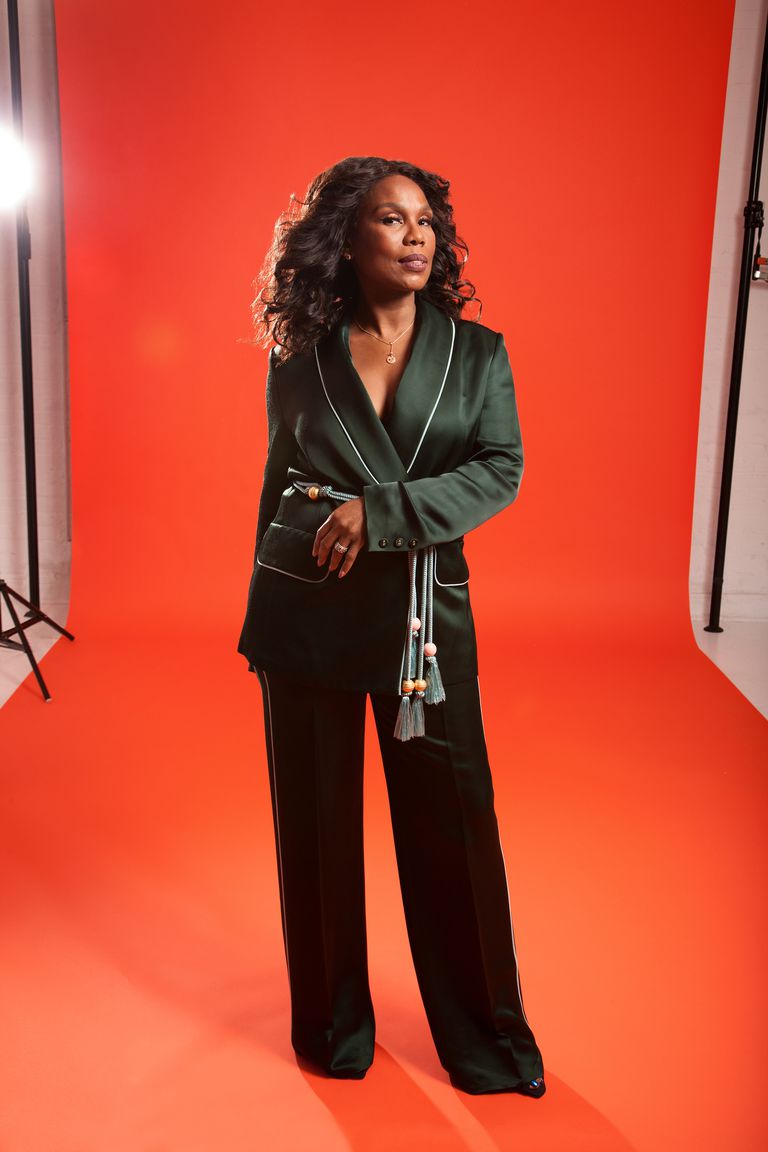
As a journalist whose career is often contingent on access to public figures, I can reluctantly admit that Beyoncé’s work, sans the parade of magazine profiles, may just be potent enough. Her marital struggles were far more resonant when expressed through the “Lemonade” debut rather than a TMZ item; decoding the artistic references in her work is a far more satisfying adventure than seeing them listed out in a Q&A.
“I think people have to respect an artist who often does a lot of talking with the content, with the music. Some people actually say a little bit too much. The music, the content that we consume, doesn’t live up to all the controversy that you create,” Noel-Schure explained. “I think I sort of like what my client does, and that she has leveled the playing field so fans as well as critics get it at the same time.”
The work of a successful entertainment publicist requires an arsenal of skills and specific qualities: Razor-sharp memory, a long rolodex, a keen eye for news, a nice bedside manner, an adaptability to the ever-changing landscape of digital media, and the ability to fluidly shift between the roles of people-pleaser and correctional officer. Noel-Schure has all of these things, in addition to an obvious kindness. She will answer an email that publicists for much less famous clients would never consider, and prefers a face-to-face in an era that has all but rendered them obsolete. Her DMs are open for conversation, and she keeps tabs on the infamous BeyHive, which she has seen evolve from a small flesh-and-blood presence to a full-blown social media army. “Before there was the Beyhive, there was the Beyontourage. They are New York based. There were five to ten of them. And I stayed in close touch with them for a long time. They will tell you that the Beyhive comes from them,” she remembers. “The BeyHive is really great. When they come, they come full out for the concerts. It’s so beautiful to watch.”
And while she no longer has to pitch Beyoncé to anyone, Noel-Schure has plenty of messaging that must be strategically crafted. The day I visit her, she is honing the strategy around Beyoncé’s headlining performance at the Global Citizens Festival in South Africa, which is accompanied by a humanitarian apparatus. And then there are the painstaking deliberations that happen around how, where, and exactly when an album release will be revealed. To that end, the attribute that’s most important to Noel-Schure’s work is discretion—keeping labor-intensive, very expensive secrets under lock and key. Secrecy has come to feel like second nature for Noel-Schure, who sees it simply in terms of cost-benefit analysis.
‘MY HUSBAND THINKS HE’S MARRIED TO THE HEAD OF THE C.I.A.’
“I am a real talker. I love to sit with people and chat,” she admitted. “But my work is extremely private. My work is strategic. There is a plan for everything, and it will never be in my best interest to mess up a plan,” she said. “No one gets any information from me. Not even the people I live with.”
“My husband thinks he’s married to the head of the C.I.A. He’s like, you guys put out an album?” she joked. “I think part of my longevity is that I could be trusted.”
To get a sense of just how intense her work life can be, consider a week in late April of 2016. Noel-Schure had traveled to her beloved Grenada for a friend’s wedding, but had a few pressing work concerns to juggle. Beyoncé’s paradigm-shifting visual album, “Lemonade,” was due to be surprise released on HBO in less than a week, and Noel-Schure was on guard in case the news leaked. Prince had died suddenly, and she was waiting to hear from his business manager that his cremation was completed, so that she could send out a press release.
“I just remember the weirdness of waiting for it [during the ceremony],” she said. “I got the text saying, The cremation is done. You can send it out. And then the door opened and I saw my friend. I put the phone back down and said, the world could wait—just let the service go through. And after the service I sent it out.”
Noel-Schure practices what Beyoncé preaches—commitment to family and personal enrichment in addition to a devotion to her work. After the Formation tour, she broke her ankle, which she took as a sign that she needed to slow down. She is Beyoncé’s publicist, but she’s also a wife of forty years, a mother to three children, and a music fan. “I have a very, very full life,” she said. “I have a life bigger than my work.”
Photographed by Marcelo Krasilcic. Styled by Nicole Chapoteau. Hair by Johnny Caruso at Bryan Bantry; makeup by Jessica Smalls at The Wall Group; location: Forsyth Studio.

